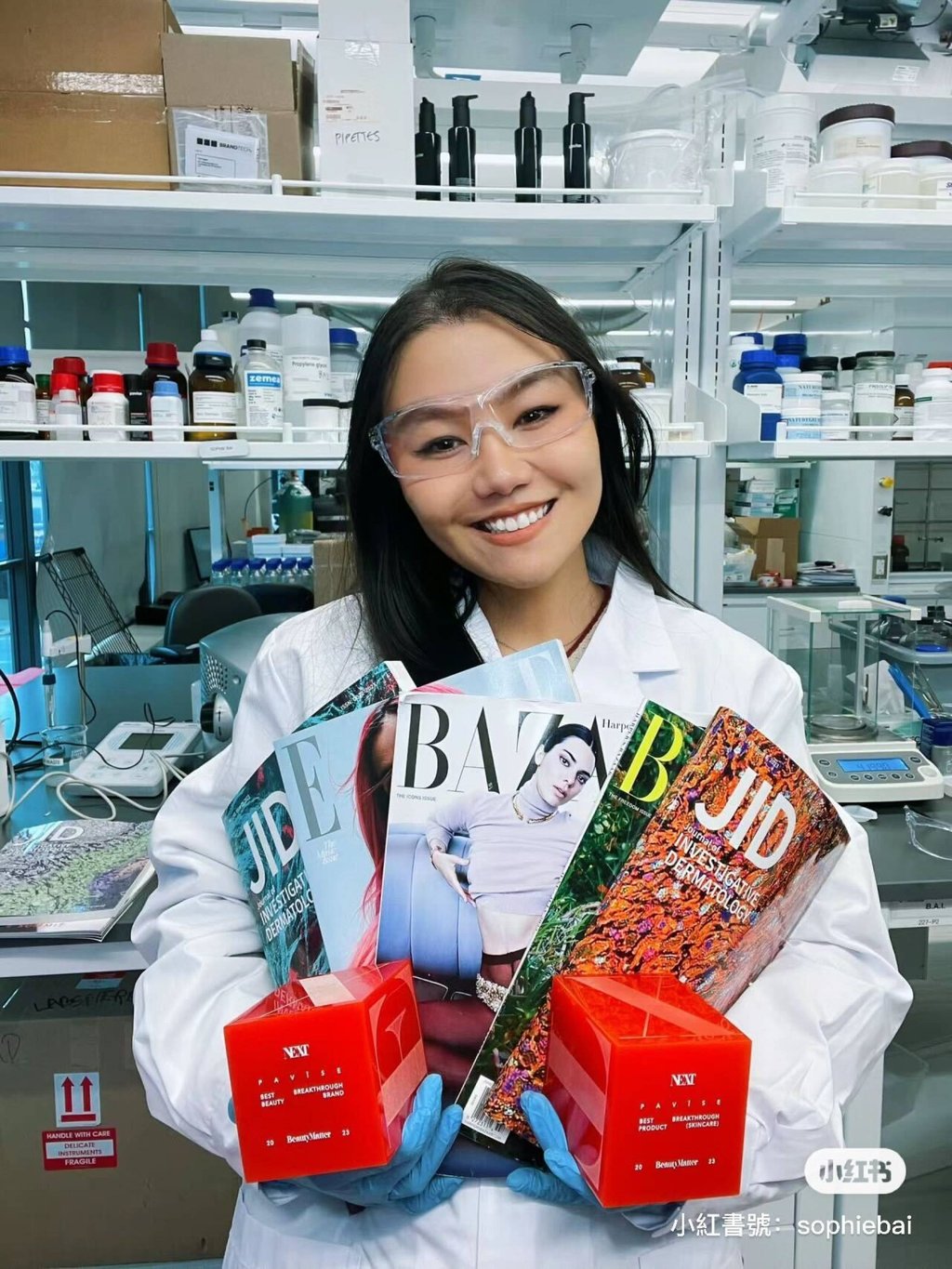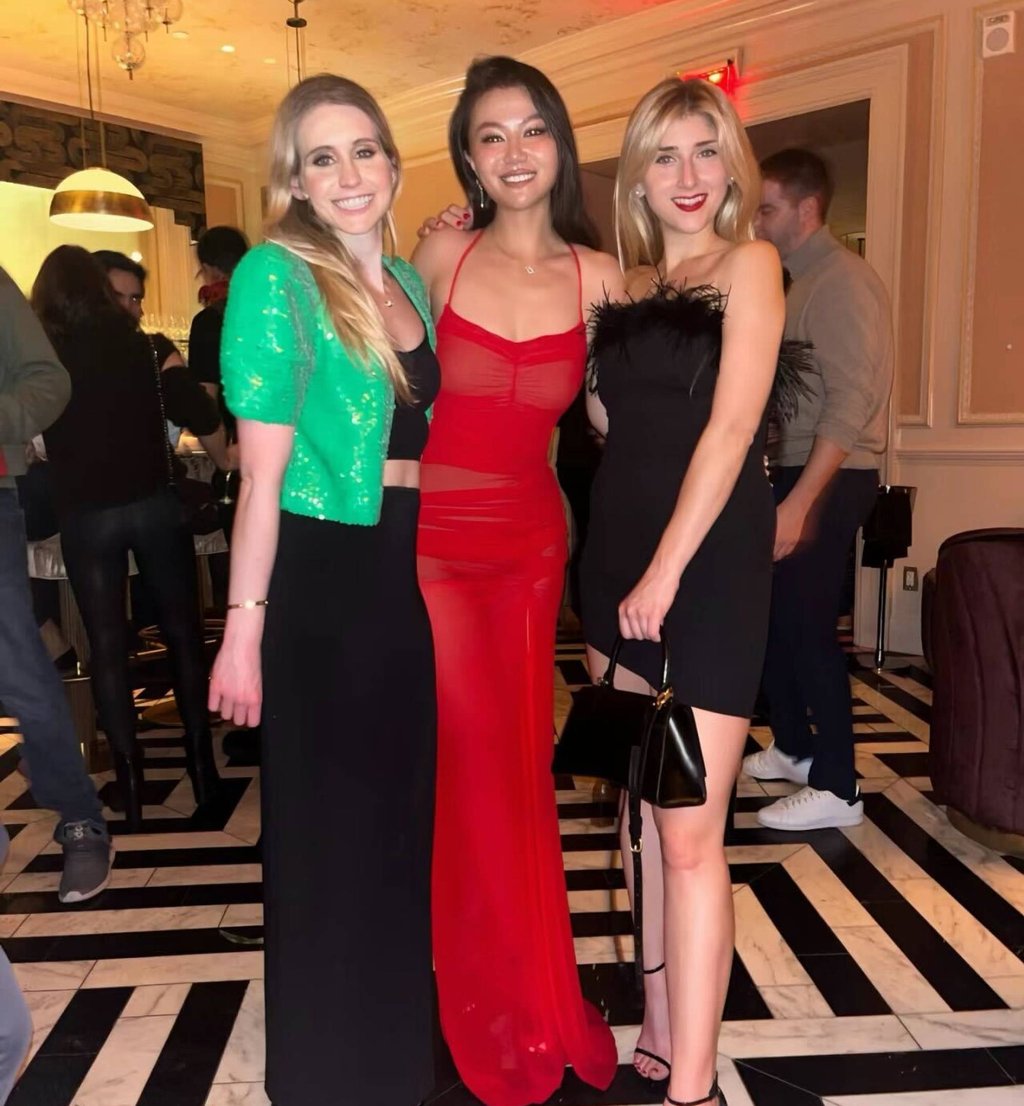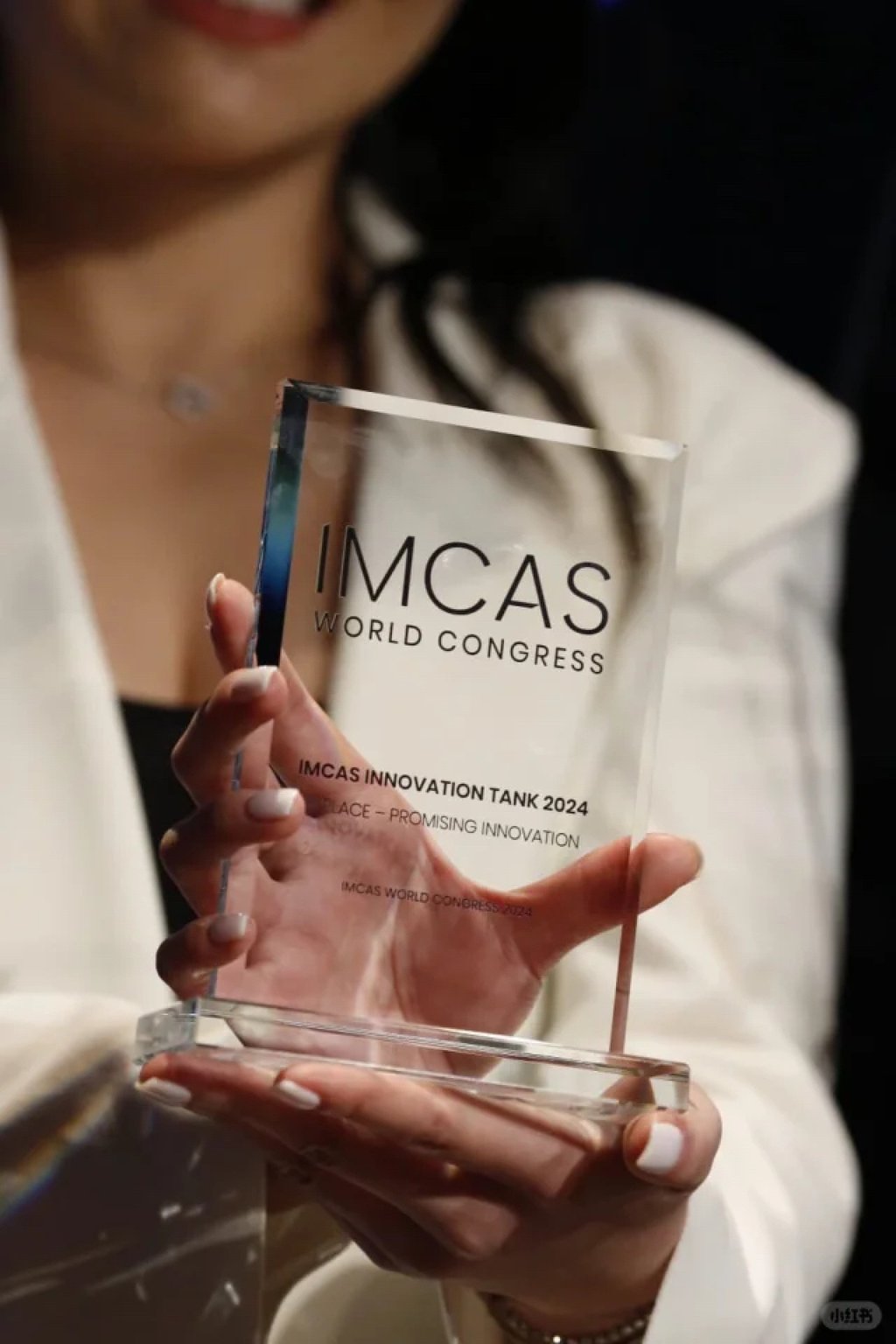
Profile | Who is Sophie Bai? China scientist with planet named after her, creates US skincare buzz
- Pioneering scientist who was scarred by taunts as a youngster becomes global leader in field of skincare solutions
Scientist Sophie Bai, known in China as Bai Xuefei, is making waves in the United States’ skincare market.
The 34-year-old former healthcare and life sciences investor from Henan province in central China applies her expertise in biomedicine to develop cutting-edge products for her company, B.A.I. Biosciences.
Bai has a Bachelor of Science in Chemical Engineering from the Massachusetts Institute of Technology (MIT), where she worked with Professor Robert Langer, co-founder of the pharmaceutical giant Moderna.
While at the institute, Bai helped develop drug delivery technologies in the quest to find cures for prostate and lung cancer and type 1 diabetes.

“Skin is very personal to me,” Bai told the industry publication Beauty Independent last year.
She grew up with terrible cystic acne and eczema, and was devastated when, at the age of 11, during a public speaking contest in front of an audience of 1,000 people, the judges said she looked “ugly”.
She said she did not eat lunch for a week after that competition so she could save her money to buy her first foundation makeup. She then became a “very heavy beauty consumer”.
“That incident really changed my personality. It made me more insecure and not want to hang out with, or be seen by, people.”

Bai demonstrated a talent for science from a young age, taking part in maths and science competitions from the age of seven.
At 16, while at secondary school in Shanghai, she discovered an anti-ageing compound.
A minor planet was named after her by Nasa and MIT Lincoln Laboratory to recognise her scientific accomplishments.
“By seeing all the exciting things happening in pharma and biotech, I wanted to be able to get the most innovative, advanced scientific innovations from that world and translate them into personal care,” said Bai.
Before founding B.A.I. Biosciences, she was a healthcare and life sciences investor at Bain Capital Private Equity, and a management consultant at Boston Consulting Group where she advised pharmaceutical and cosmetics companies.
In 2020, she started her Masters of Business Administration programme at Harvard and founded her company the same year.
In March last year, the company launched its brand Pavise, which focuses on “photo-ageing protection” which ensures that skin does not age drastically when exposed to UVA and UVB.

The brand developed DiamondCore Shield Technology, or zinc oxide, that incorporates nano-diamonds to improve the dispersion of UVA and UVB rays hitting the skin and eliminates white cast, the residue left after applying sun screeen.
The company has secured financial backing worth more than US$8 million from a diverse range of investors including American rapper Jay-Z and former Allergan Chairman and CEO Brent Saunders, whose company was one of the original investors in Botox.
Bai acknowledged that commercialising these scientific achievements is time-consuming and costly.
“I’ve been working on this for four years, sleeping only about three or four hours a night,” she said.
“I do think there’s a tremendous opportunity for scientific innovation coming in to actually cure acne...”
Bai says her company is also working on new drugs for baldness, greying, and alopecia.
“All of those are unmet needs that currently have no solutions. I believe science and technology can solve those issues,” Bai said.

